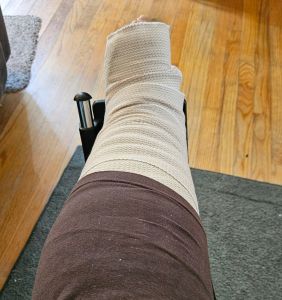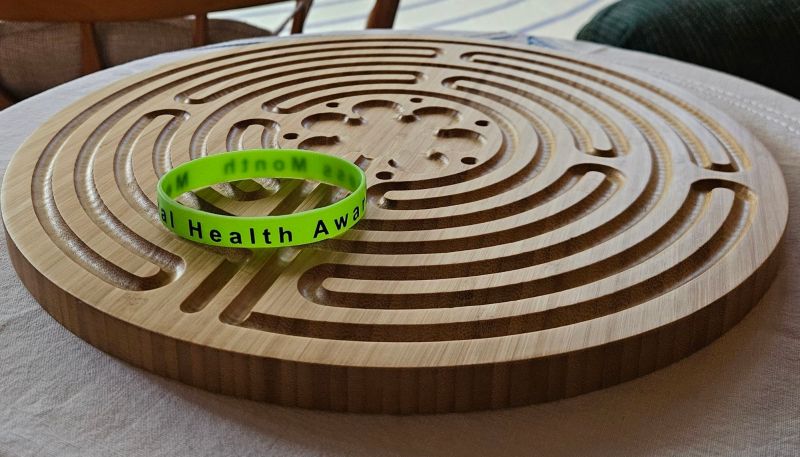I try to post these Mental Health Mondays during the awareness months, like mental health awareness in May and suicide prevention awareness now in September, and throughout the year when I’m feeling that I need some reminders and tips to keep moving forward.
In this month of suicide prevention, I do post more about mental health than suicide prevention or ideation. That is mostly because despite the desperate need that brings some of us to the brink of suicide there is also the mental health aspect that affects us all in one way or another, at various times, whether we are officially diagnosed or in therapy for other reasons. We all have those moments that life is just too much.
My suicide ideation came at a difficult time in my life, full of stress and downturns, and other despairs. Or did the stress, downturns, and despair come out because of the suicidal thoughts. Mental health is inextricably linked and often mental health and chemical imbalances result in physical health deteriorating.
I came through it.
You can also come through it.
Some days are better than others, but when the day begins again, each tomorrow is a new day, a new chance to start again, a new opportunity to be better and to make it better, whatever that ‘it’ is in your life.
I’d love to hear some of the ways that you make it through to the next day and begin again.
For some of my ways, look back at the mentalhealthmonday tag; search it in the search box on the left-hand sidebar or click on the tag below.
Let’s help each other. Getting through the tough times is the first step, and every step after that is a success.










